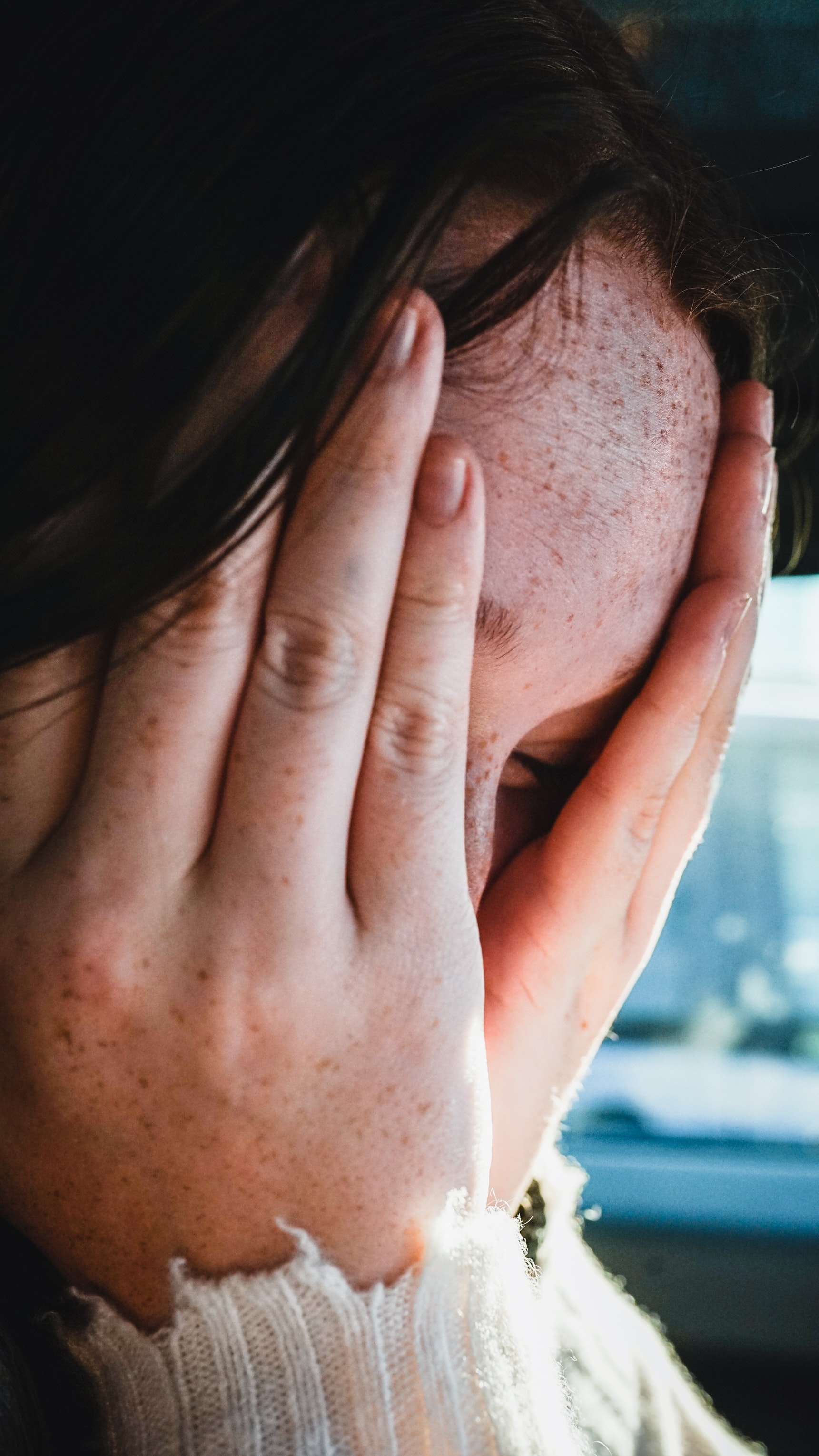Guilt is a time-sucking, energy-draining, attention-stealing obstacle to living your life. Just this morning a friend of mine talked to me about her guilt, how it causes her to measure herself by what shes not doing, should have done, ought to do. It’s clear that her guilt blocks her from feeling accomplishment, pride or even simple satisfaction.
I get it. At the end of a day – any day – guilt is almost a reflex reaction. What didn’t I get to that I meant to do? What doesn’t look like it could have or did “before?” Whatever I prioritized, there are things I let slide.
In this way, guilt is often a block against progress and resilience.
How are you supposed to manage a difficult situation – like handling kids and work and your home in a pandemic – and feel OK about it, if you are mired in guilt for not having a picture-perfect family life, tons of work sales and a home ready for a spread in Better Homes and Gardens?
Occasionally, though, guilt makes people stop doing things they shouldn’t be doing. Start to tell an embarrassing story about a friend and feel bad, so you stop? Good for you. Think about “borrowing” something without asking from work and feel guilty, so you don’t steal? Useful. Yell at your kids about something small and realize you were mostly upset about something else entirely, so you apologize? Good for them and you.
Guilt is a speed bump. It slows you down when you’re moving in a particular direction, and makes you think about your situation. Sometimes, that can be exceptionally useful. Guilt serves to make us question our motivations, decision, actions. Since everyone takes a wrong step now and then, this can help you keep a job, protect a relationship or person you love, even stop you from breaking the law.
When you feel guilty do one thing: question your decision.
Feeling guilty that your kid missed an event they really wanted to go to because you decided it was a bad idea? Ask yourself if it is actually a bad idea to send them. If it isn’t such a bad idea, you were just annoyed, or unreasonably anxious, change your decision. If it is still a bad idea, let go of the guilt.
Feeling guilty about telling your work that you were online from home when you were actually doing chores around the house? Ask yourself if you fully met your work obligations. If you didn’t, change your decision. If you did, stop letting “guilt” get to you.
Feeling guilty because you “could be doing more” in any aspect of your life but you’re not? Ask yourself if you would think that about your good friend if she were in your situation. If you really would think that person could be stepping up a bit more, or doing better, change something. If not, drop the guilt!
If you are motivated by good, make reasonable decisions, and take actions that make sense, you should be proud of yourself! Resilience is the ability to experience a hardship or change, move through it, and continue on towards the life you want. Handling difficulty builds your confidence, and your competence.
Guilt steals resilience.
Allow guilt to serve one purpose: to be the speed bump that causes you to question your decision. Once you’ve realized it was the necessary decision, put your guilt aside. It doesn’t serve you, or anyone.


